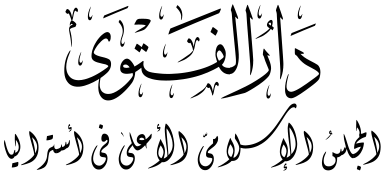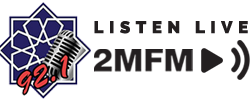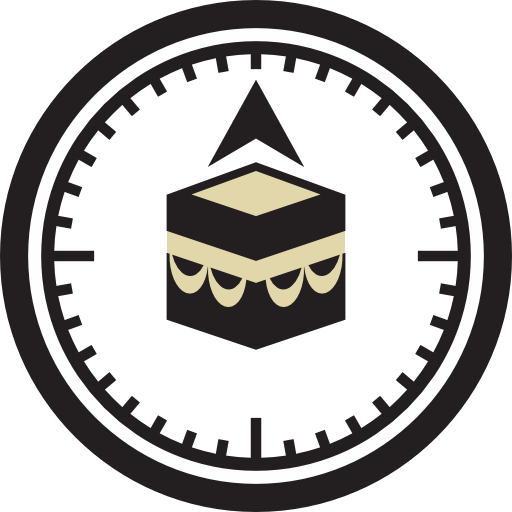
Slaughtering Method
Islam prescribed a slaughtering method that allows for the least agony to animals. This method is by cutting the air pipe and food and water canal (esophagus) with what has a sharp blade, with the condition that the person slaughtering is a Muslim, Christian or Jew.
Upon satisfying these conditions on an edible animal which was steadily alive, consumption of the slaughtered animal becomes permissible upon the person who is confident that these integrals were satisfied. Thus the slaughtered animal is Halal. However, if the death of the edible animal occurred by a blunt object or other means such as the animal died from the impact of a high fall, or by drowning, or by an electric shock, or by choking, or something that kills on impact like being squashed under a huge descending rock, it becomes unlawful to consume that animal. Hence the animal is considered non-Halal.
Unfortunately, many slaughter houses in Australia who testify to being Halal certified, do not slaughter the cattle and farm animals in complete accordance to the Islamic rules.
Moreover, it is unlawful for a person to eat from the slaughtered animal if one cannot identify or determine that the slaughtering had undoubtedly taken place according to Islam.
This is evidenced by the sayings of the scholars of Islam like Ibn Hajar Al-Haytamiy, Al-Suyutiy from the Shafi^y school, Al-Qarafiy from the Malikiy school and others. Indeed a consensus exists that having doubt whether the slaughter process of an edible animal has satisfied Islamic procedures or if there is doubt in the validity of any one or more integrals thereof, deems the consumption of that slaughtered animal unlawful upon the one who is in doubt.
It was narrated in Sahih Muslim through the route of ^Adiyy Ibn Hatim that he asked the Prophet about hunting edible animals and the Prophet replied: “Say bismillah upon shooting your arrow and if you find your prey killed by the arrow then you would eat it. However, if you find it dead in water then you cannot eat it as you don’t know whether it was killed by your arrow or it drowned in the water”. In this hadith, there is clear evidence that due to the doubt in the way the prey died, the Prophet deemed it forbidden for one to consume it.
 Moreover, the scholars of Islam (had) unanimously agreed that it is prohibited for one to eat from the meat of an edible animal when one is doubtful of the way it was slaughtered.As to the hadith narrated by al-Bukhariyy and Muslim through the route of ^A’ishah, may Allah raise her rank, that some people asked the Prophet about some new Muslims who had sent them meat and people were unsure whether or not those new Muslims said ‘bismillah’ upon slaughtering to which he replied: “Say bismillah and eat”,
Moreover, the scholars of Islam (had) unanimously agreed that it is prohibited for one to eat from the meat of an edible animal when one is doubtful of the way it was slaughtered.As to the hadith narrated by al-Bukhariyy and Muslim through the route of ^A’ishah, may Allah raise her rank, that some people asked the Prophet about some new Muslims who had sent them meat and people were unsure whether or not those new Muslims said ‘bismillah’ upon slaughtering to which he replied: “Say bismillah and eat”,
this clearly indicates that the slaughterers were Muslims and that they slaughtered according to the Islamic Rules, however, they were unsure whether or not those new Muslims said ‘bismillah’ upon slaughtering (, so) The Prophet told them that it is permissible for them to eat that meat and advised them to say ‘bismillah’ as it is recommended to do so upon eating any type of halal food.
We ask Allah to keep us steadfast to the Path of the Prophet and suffice us with what is halal rather than what is haram and with acts of obedience rather than sins, Ameen.






